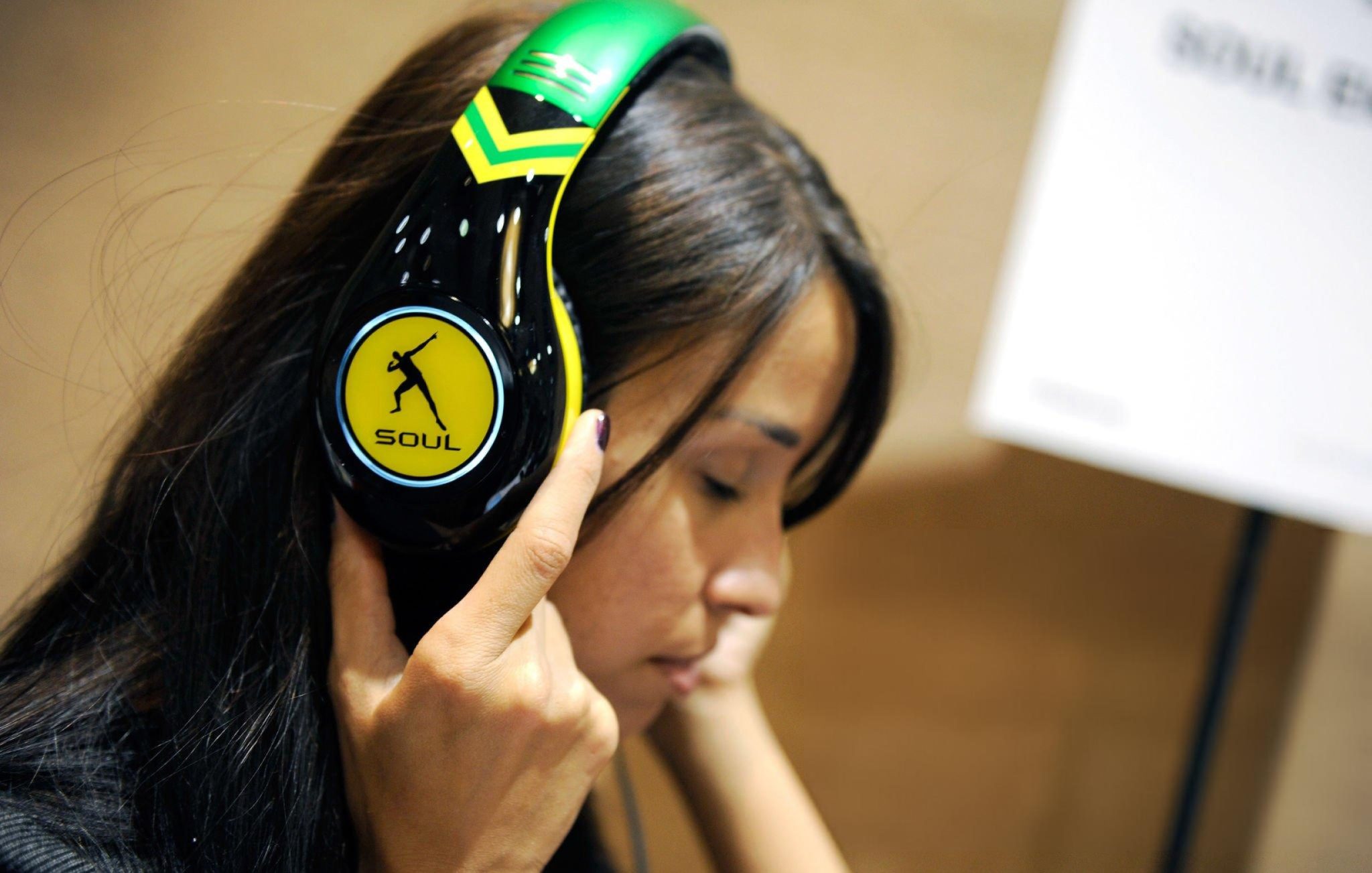Whether it is the beeping tills in a supermarket or the hissing of a coffee machine in a café, the brain is constantly engaged in processing multiple sounds throughout the day. For some, however, background noises can be overwhelming, making it difficult to focus on voices or important alerts.
This is the reality for Sophie, a 25-year-old administration assistant from London, who has often been told she does not listen, zones out, or appears “a bit ditsy”.
“Even though I can hear that noises are present, I struggle to determine where they are coming from. I recognise it is someone speaking, but I cannot process it quickly enough,” she explains.
After an initial hearing test returned normal results, Sophie sought further evaluation from a private audiologist. She was eventually diagnosed with auditory processing disorder (APD), a neurological condition that makes it difficult for the brain to interpret sounds and spoken words.
Sophie’s audiologist, along with others in England, is calling for further research into whether the condition is linked to excessive use of noise-cancelling headphones.
The growing concern over noise-cancelling headphones
Having grown up on a peaceful farm in the countryside, Sophie only began noticing changes in her hearing when she moved to London for university. She particularly struggled with identifying the direction of sounds.
She frequently opted to watch lectures online with subtitles instead of attending in person.
“During lectures, everything sounded like gibberish. I was trying to listen, but I could not make sense of what was being said,” she recalls.
Her social life was also affected, as she often left noisy bars and restaurants early due to overwhelming background noise.
While the exact cause of her APD is unknown, her audiologist suspects that her frequent use of noise-cancelling headphones—up to five hours a day—may have played a role. Other audiologists echo this concern, emphasising the need for more research into the long-term effects of prolonged headphone use.
Several NHS audiology departments have reported an increase in young people being referred by GPs with hearing concerns. However, many of these patients do not exhibit actual hearing loss; instead, they struggle with processing sounds.
APD is more common among neurodiverse individuals, those who have suffered brain injuries, or those who had childhood middle-ear infections. However, a rising number of cases do not fit into these categories, prompting experts to consider whether external factors such as noise-cancelling headphones are contributing.
How sound processing may be affected
Renee Almeida, an adult audiology clinical lead at Imperial College Healthcare NHS Trust, highlights the importance of exposure to a variety of sounds so that the brain learns to distinguish important noises.
Her team has seen an increase in young people referred for hearing services over the past year. “There is a difference between hearing and listening. We can see that listening skills are suffering,” she says.
Noise-cancelling headphones do offer benefits, particularly in protecting long-term ear health by reducing exposure to high-frequency and loud noises.
Lisa Barber, technology editor at Which?, notes that noise-cancelling devices have “exploded in popularity” in recent years. However, their effectiveness varies by model.
“Some offer passive noise cancelling, which relies on the acoustic seal between the headphones and ears. Others have a transparency mode that allows in some background noise,” she explains.
However, Claire Benton, vice-president of the British Academy of Audiology, warns that blocking out everyday sounds, such as beeping cars, could lead the brain to “forget” how to filter noise effectively.
“By wearing noise-cancelling headphones, you create an artificial environment where you only hear what you choose to. You are not challenging your brain to process background noise,” she explains.
She further points out that the brain’s ability to process complex sounds continues developing into the late teens. “If someone wears noise-cancelling headphones constantly during this period, they may delay their ability to process speech in noisy environments,” she adds.
Limited NHS support for APD patients
In England, NHS support for individuals experiencing APD symptoms is limited.
A UK-wide 2024 survey conducted by the British Academy of Audiology (BAA) and ENT UK, a professional body for ear, nose, and throat specialists, revealed that only 4% of audiologists consider themselves well-informed on APD.
For those over 16, the Royal National ENT and Eastman Hospital remains the only NHS provider offering a full APD assessment. The waiting list for an appointment is currently nine months long.
Prof Doris-Eva Bamiou, who conducts APD assessments, says the lengthy process is partly due to the complexity of the diagnosis. “It is an expensive service, as the test is not just a standard audiogram. It can take up to two hours and often requires additional assessments, including cognitive evaluations,” she explains.
Following the pandemic, behaviours related to sound and visual engagement have changed. Increased use of technology, along with heightened anxiety in noisy environments, has contributed to shifts in listening habits.
It is now commonplace to see individuals walking outdoors wearing noise-cancelling headphones or watching videos with subtitles even when they can hear the audio. A YouGov survey found that 61% of 18-24-year-olds prefer watching television with subtitles on.
Calls for more research
Dr Angela Alexander, audiologist and owner of APD Support, a private organisation, is one of many experts advocating for more research into the potential effects of noise-cancelling headphones on auditory processing, particularly in children.
“What will the future look like if we do not investigate this link? Many parents and teachers believe the solution to noise sensitivity is earplugs or noise-cancelling headphones, but we do not yet know the long-term consequences,” she warns.
Dr Amjad Mahmood, head of audiology at Great Ormond Street Hospital, also supports further research. He notes that the hospital’s large APD clinic has seen a significant rise in referrals, particularly for school-age children.
With increasing evidence of changes in auditory processing among young people, experts agree that further research is needed to understand whether prolonged use of noise-cancelling headphones may be playing a role in these emerging challenges.







